1984 – 2024: MSF marks 40 years of work in Mozambique

1984
Médecins Sans Frontières becomes the first medical humanitarian organisation to operate in all provinces of Mozambique during the armed conflict.
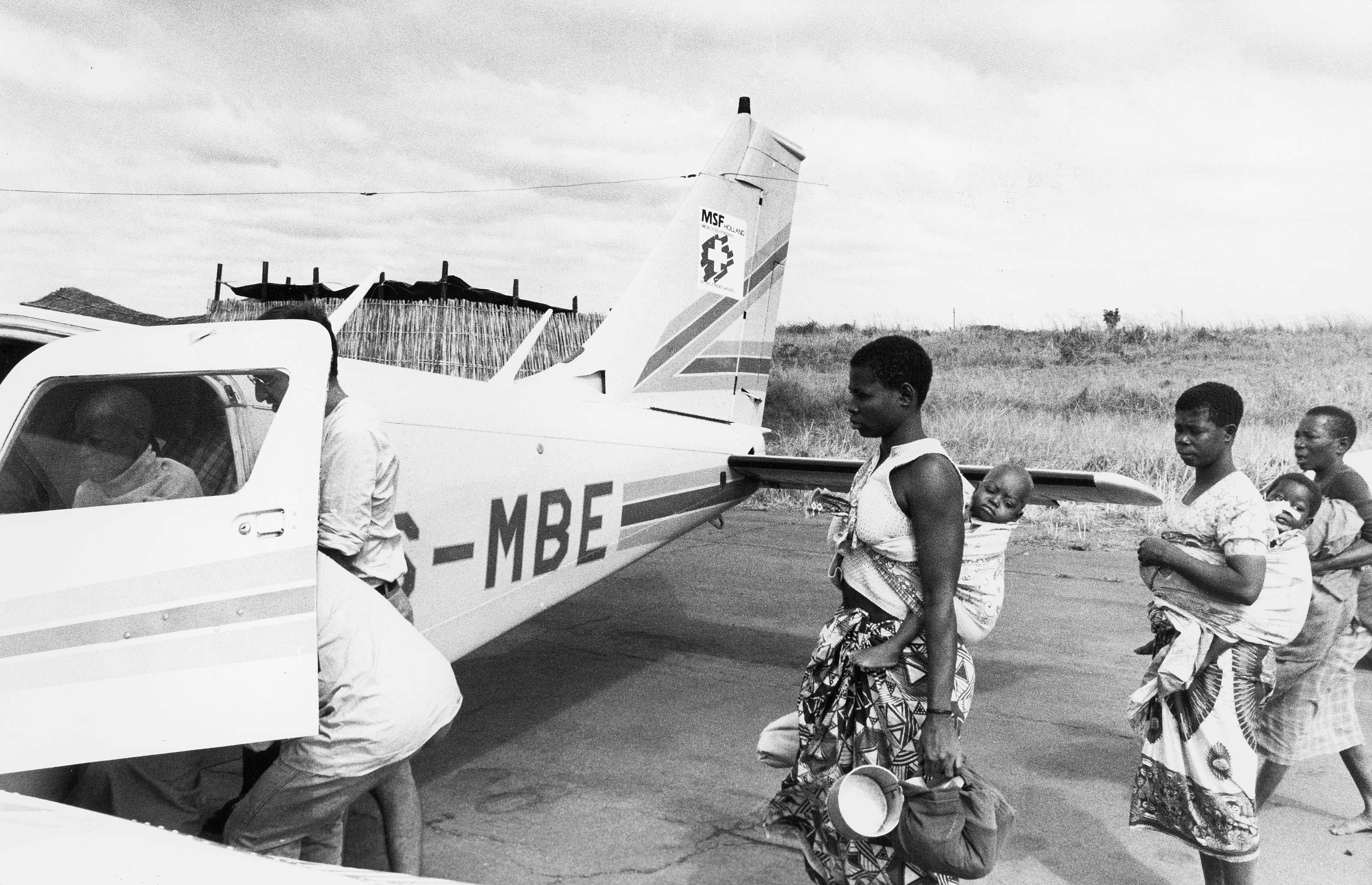
1993-2000
MSF supports post-conflict health system reconstruction, provides response to cholera epidemics and floods in Maputo, Gaza, and Limpopo in 2000.
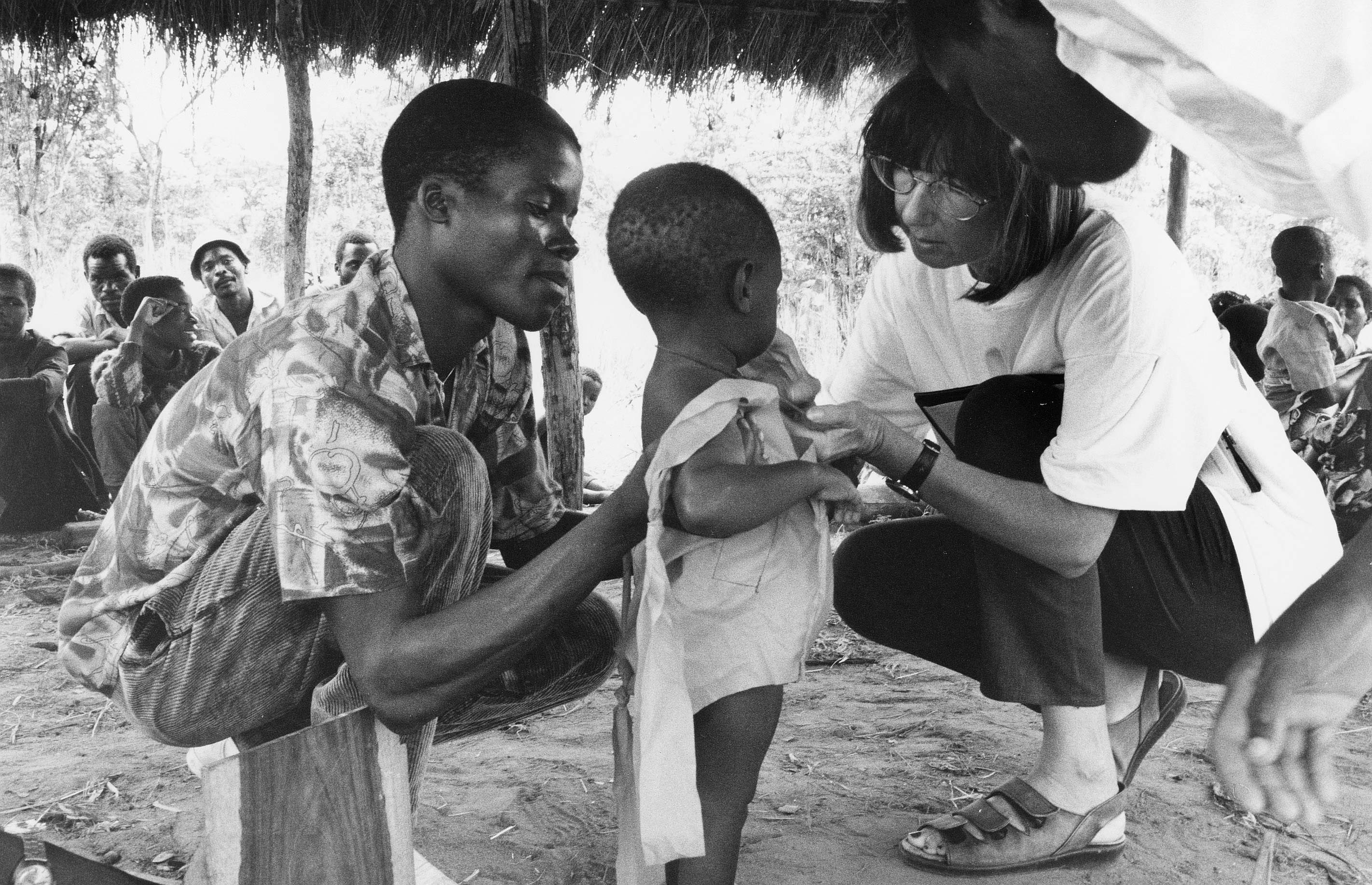
2001
MSF starts working on HIV/AIDS.
2003
In collaboration with the Ministry of Health of Mozambique (MISAU), MSF starts treating patients with antiretroviral therapies in Maputo and Tete.
2004
MSF carries out the first cholera vaccination campaign in the country, in collaboration with the Ministry of Health of Mozambique, in Beira.
2008
MSF launches the Community Support and Adherence Group for people living with HIV in Tete, to broaden the access to antiretroviral treatment, prioritising treatment adherence and minimising patient travel distances for medication and consultations.
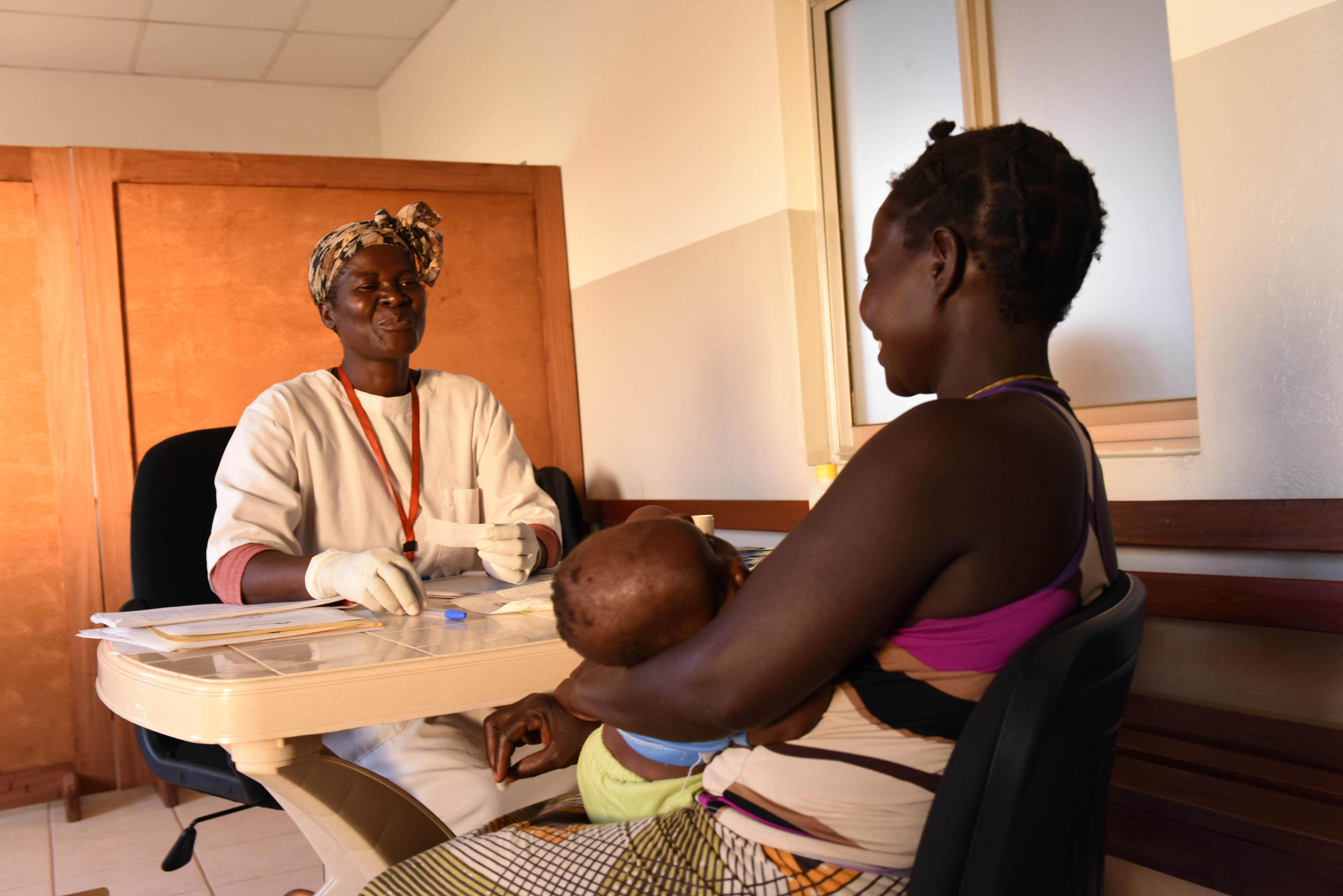
2013
MSF starts, in Maputo, a project to provide care against drug-resistant tuberculosis. This year, we also responded to the flooding in Gaza province.
2014
In the cities of Beira and Tete, MSF offers HIV treatment and prevention care for to at-risk populations, including sex workers, men who have sex with men and transgender women.
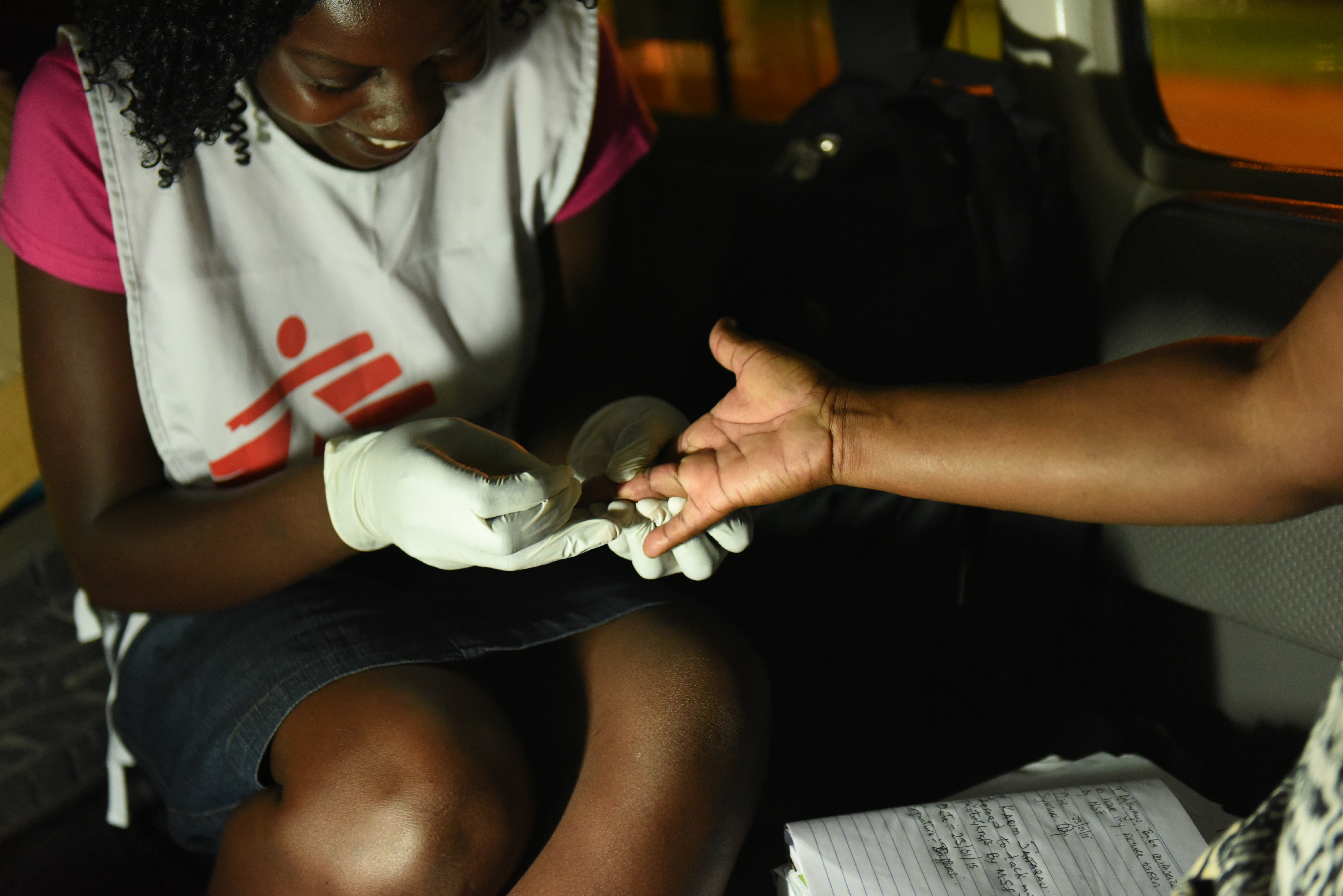
2016
MSF starts treating viral hepatitis in Mozambique and initiates the provision of oral Pre-Exposure Prophylaxis (PrEP) for HIV prevention in at-risk populations in Beira and Tete.
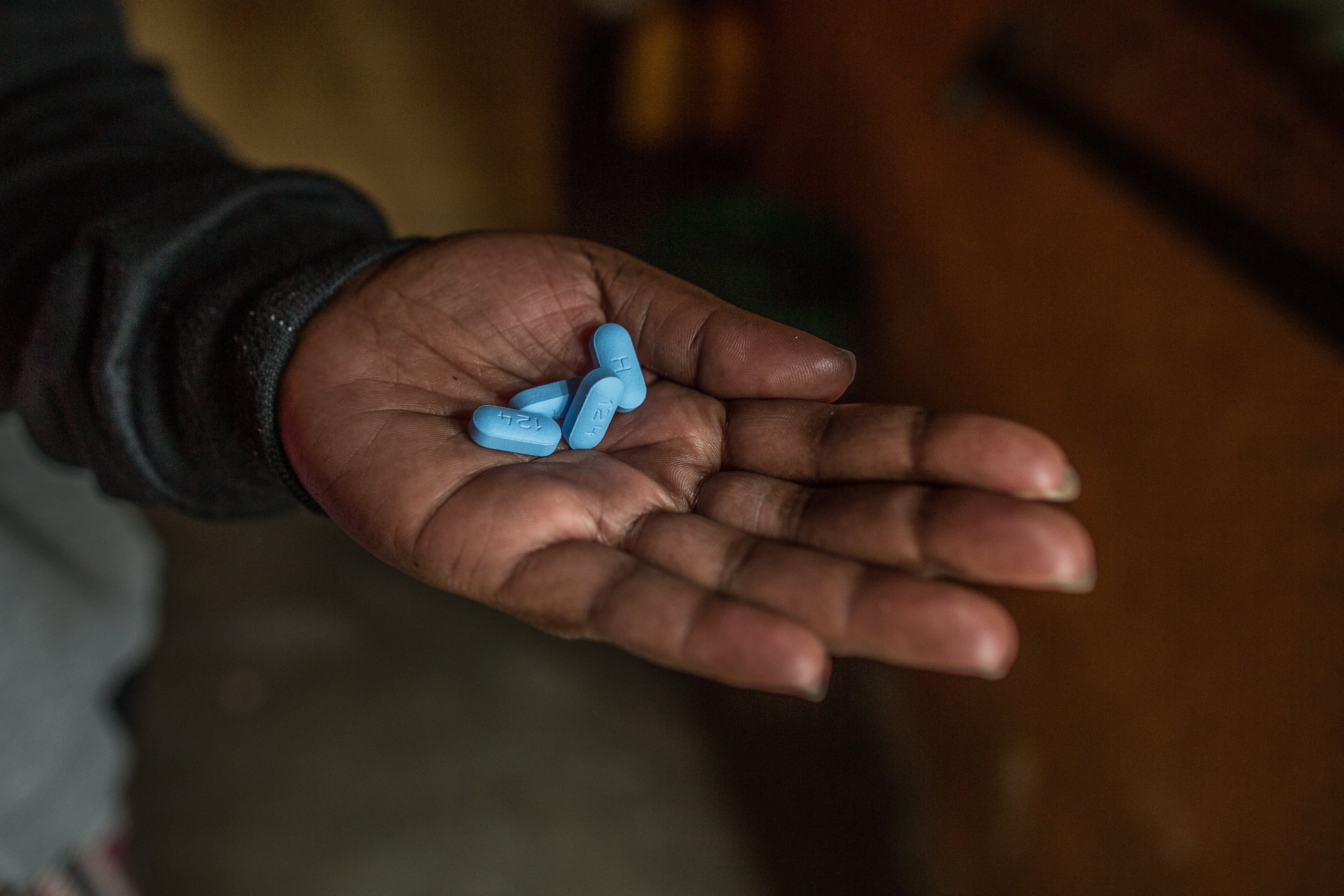
2016-2017
Assistance in mobile clinics to offer health services in the camp for displaced people in Espungabera and Manica.
2017
MSF in collaboration with the Ministry of Health of Mozambique, responds to cholera through a vaccination campaign in Tete.
2018
MSF starts the harm reduction programme for people who use drugs, with the opening of a community centre in Maputo.
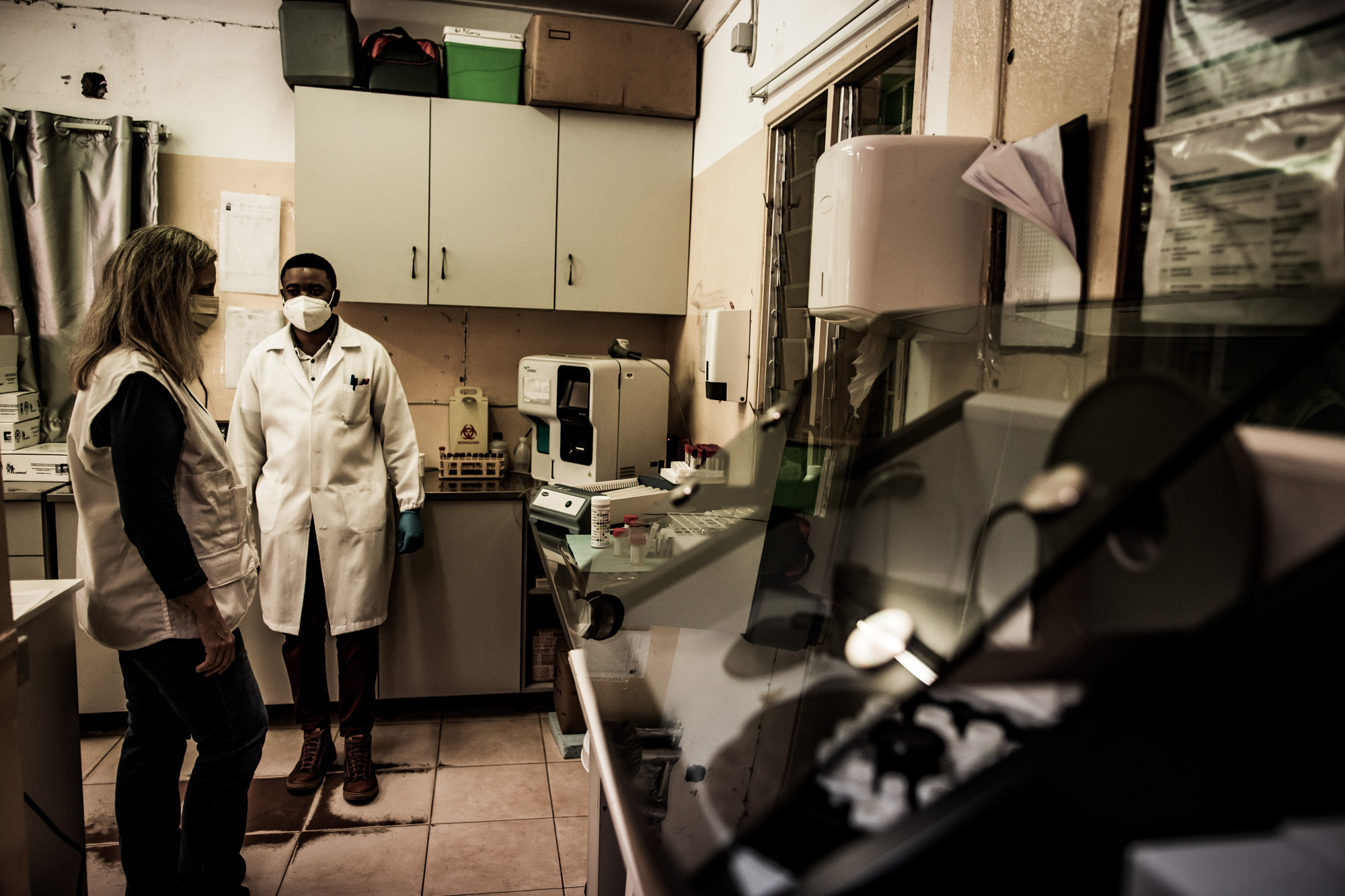
2019
MSF started to work in Cabo Delgado in 2019, delivering healthcare to people displaced by the conflict or returning to their homes. In this year, MSF also responded to cyclones Idai and Kenneth, providing logistical and technical support to the Ministry of Health of Mozambique in the cholera vaccination campaign, which reached 900,000 people, and in the treatment of the disease. In addition, MSF’s response focused on water treatment, disinfection of contaminated water sources and well cleaning.
2020
MSF provides primary health care, water, and sanitation for internally displaced people in Cabo Delgado province. We also started the opioid substitution therapy (Methadone) programme for people who use drugs in Maputo.
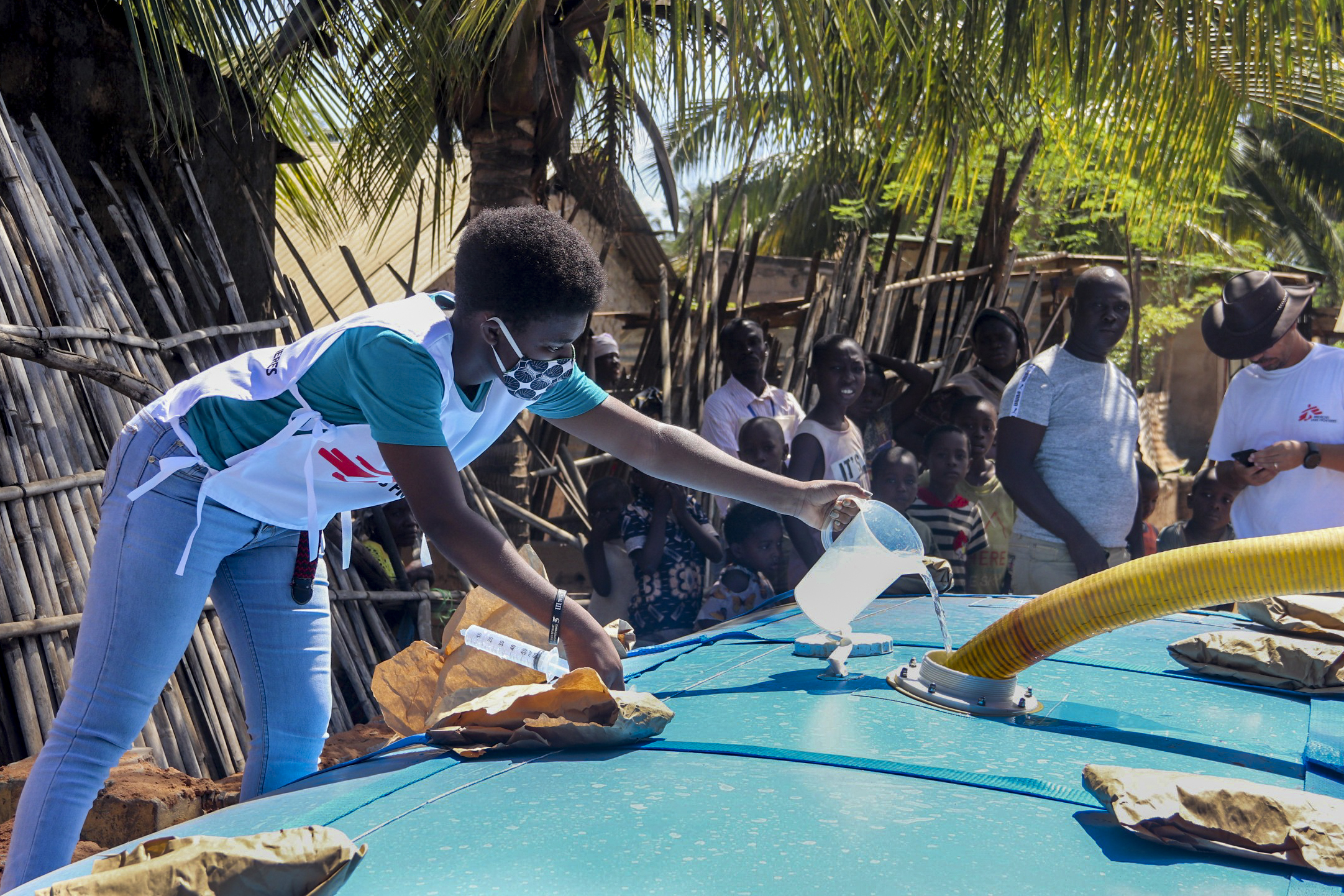
2021
MSF supports the Ministry of Health in the COVID-19 response in Maputo, Beira, and Pemba. MSF has expanded its presence in Cabo Delgado and continues to support the conflict-displaced population with health services, mental health and water and sanitation.
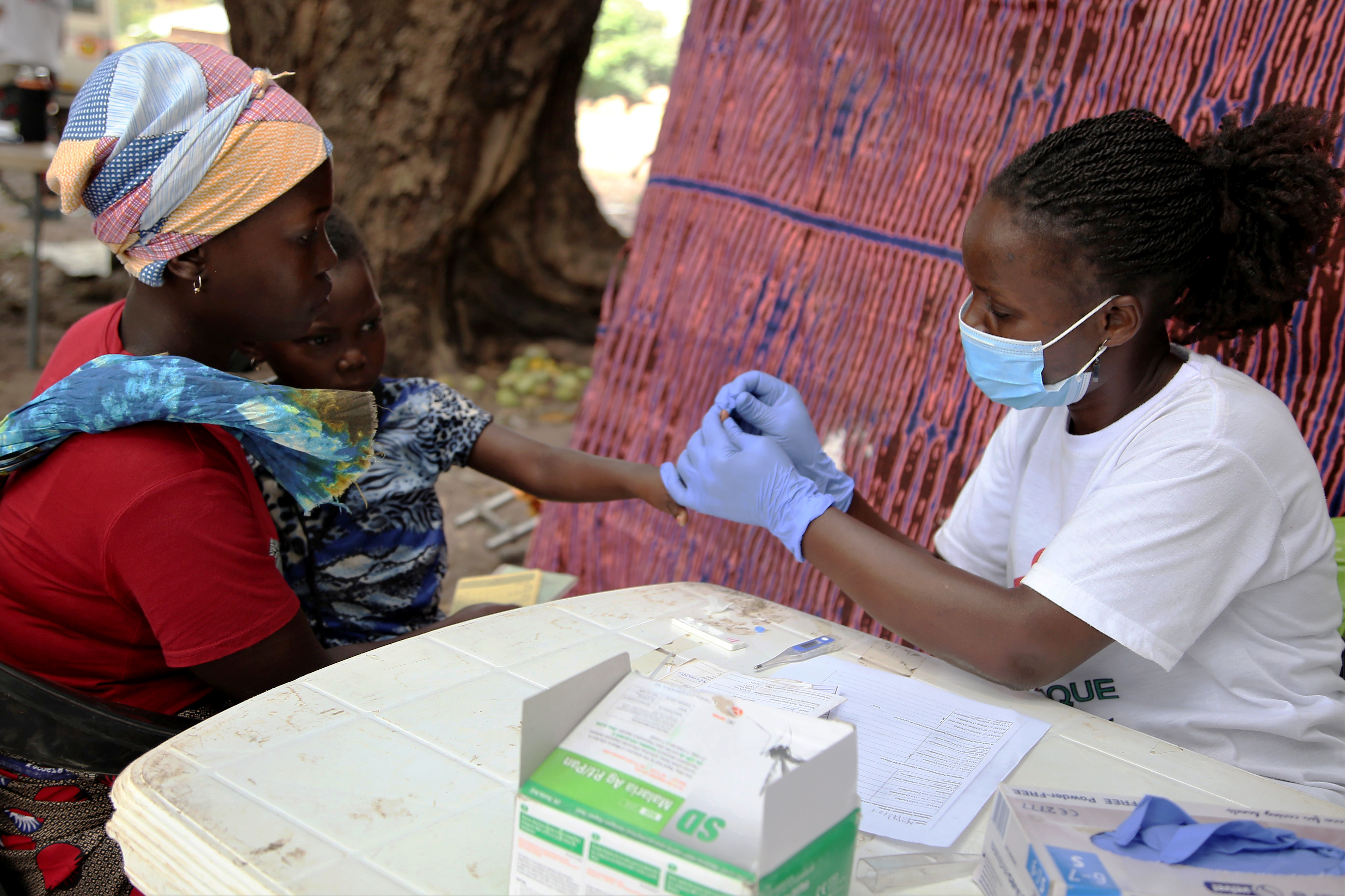
2022
MSF begins collaboration with the Ministry of Health of Mozambique, for the province of Nampula, focusing on neglected tropical diseases, vector-borne diseases, as well as emergency preparedness such as cholera and natural disasters.
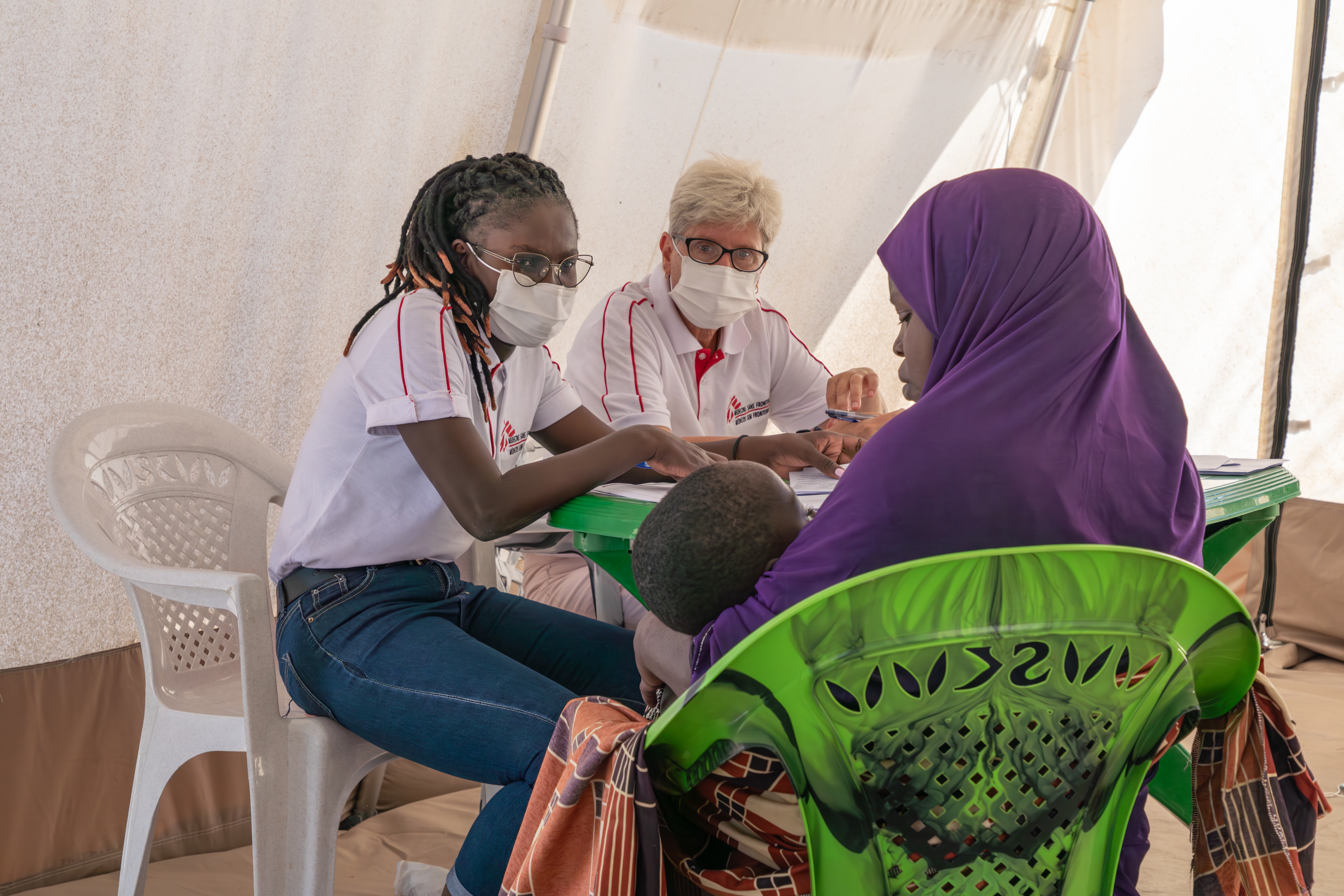
2023
MSF responded to the largest cholera outbreak in the last 8 years in the country, Quelimane, Zambezia.
2024
Intervention in Nampula, Mozambique following a boat accident that killed nearly 100 people in recent weeks. They died after a makeshift ferry they had bordered trying to flee the mainland due to panic over misinformation about cholera outbreak sunk. At least 55 children died, and some people lost their entire families. MSF has provided psychological first aid to the families of the victims.
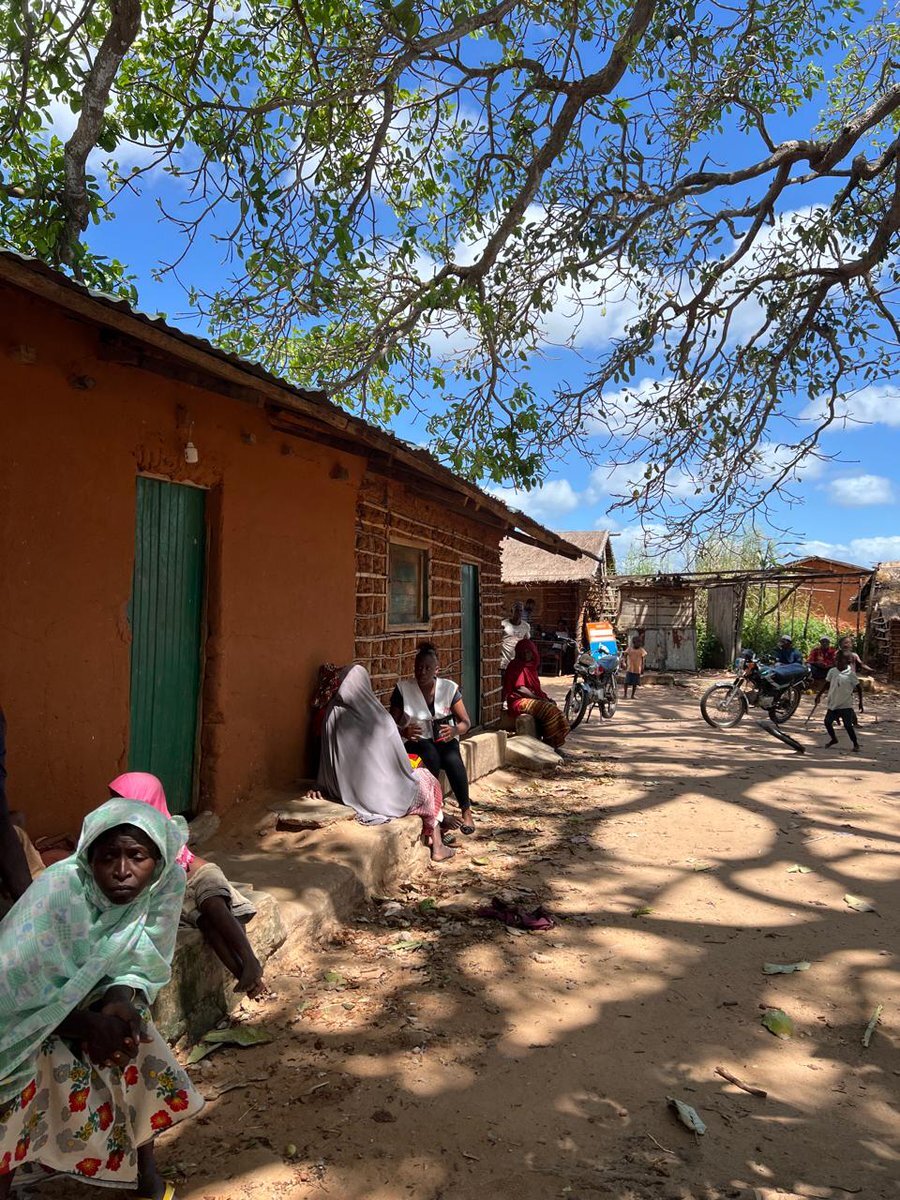





Leave a Comment